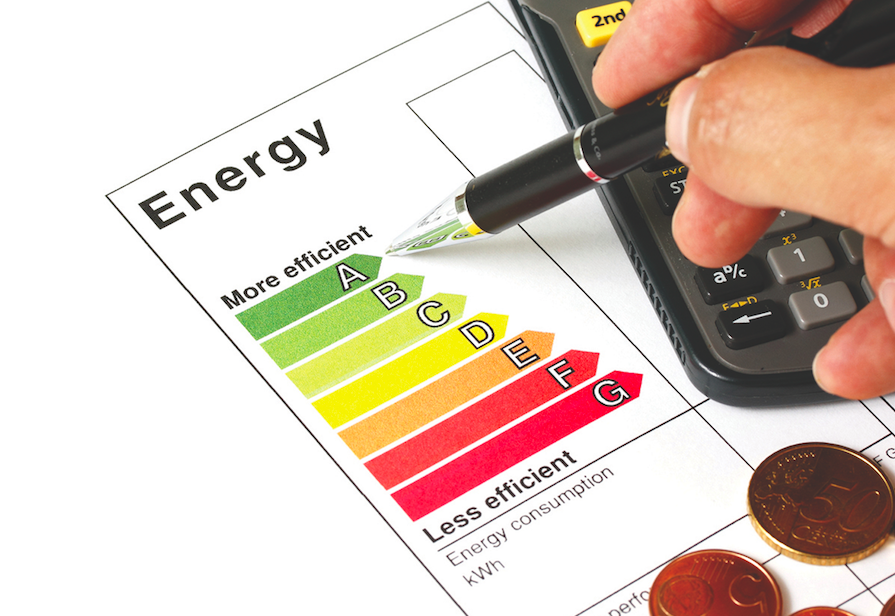Conserving energy is a great way to protect the planet and save money. While energy bills might be highest in summer thanks to air conditioning units, certain factors around a house can make winter more wasteful and costly than it needs to be.
Energy bills are influenced by a variety of factors, including geography and how energy-efficient a home is. For example, according to data from the U.S. Energy Information Administration, the average monthly utility bill in Connecticut in 2015 was $153.13, while New Mexico residents paid slightly more than half that amount ($79.23) on average. Homeowners cannot control winter weather, which can greatly affect how much energy homeowners consume between December and March.
However, there are other ways for homeowners to curtail their energy consumption and save money throughout winter.
Address any leaks or drafts
Drafty windows and doorways can make the air inside homes feel warmer in the summer and colder in the winter. As autumn weather grows colder, homeowners can perform simple inspections around windows and doorways to determine if they have any leaks. On a cold and/or windy day, place a hand near all windows and doors to feel if there are any leaks. Use caulk or another type of sealant to address leaks so you can keep cold air out and set your thermostat to a reasonable, eco-friendly temperature.
Inspect air vents, faucets and plumbing fixtures
Air vents, faucets and plumbing fixtures attached to exterior walls should be inspected for leaks. Such inspections might need to be conducted from outside the home, which can make it more difficult to detect if cold air is entering the home. Look for gaps in the insulation around these areas, filling in those gaps as necessary.
Inspect heating systems at the start of each new season
According to EnergyStar.gov, heating systems account for 29 percent of the average homeowner’s energy expenditures. Inspect your heating or HVAC system before the start of winter, making sure all gas or oil connections are operating properly. EnergyStar.gov notes that dirty burners and cracked heat exchangers can cause heating units to operate less efficiently and may even pose a safety risk. Inspect the air filter of the heating system at least once per month, as filters can quickly become dirty during a heavy-use season like winter. Dirty filters cause the system to work harder to keep a home warm, unnecessarily wasting energy as a result.
Install a Wi-fi enabled programmable thermostat
Some programmable thermostats can be very difficult to use effectively, making it far too difficult if not impossible for homeowners to set their thermostats for various temperatures in a single day. Wi-fi enabled programmable thermostats that allow homeowners to control their heating and cooling systems via their smartphones can be more user-friendly than many other programmable thermostats, ensuring homeowners are saving money and not wasting energy heating empty homes.
Winter utility bills can be costly, but homeowners can reduce their cold weather energy consumption in various ways without sacrificing comfort.







